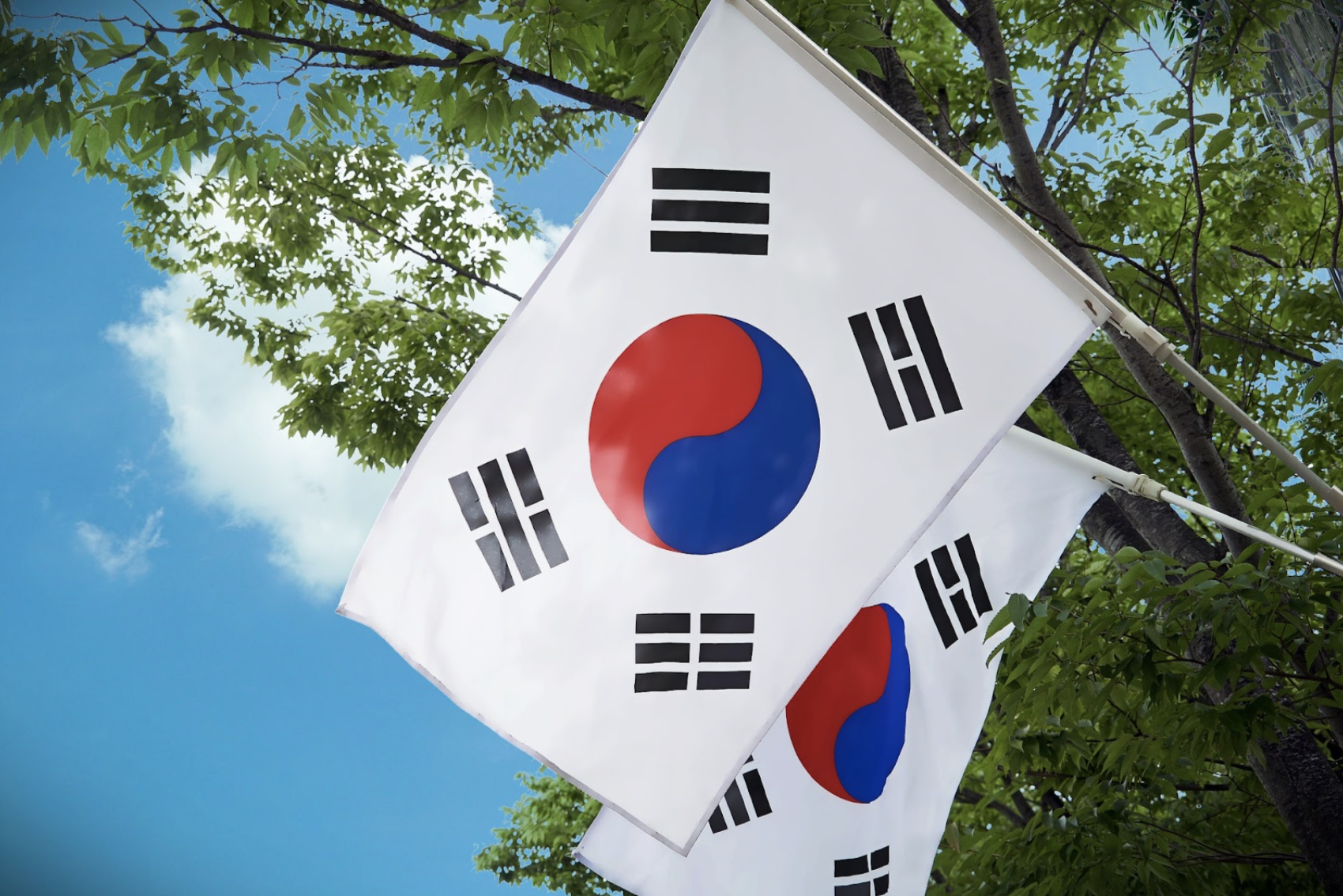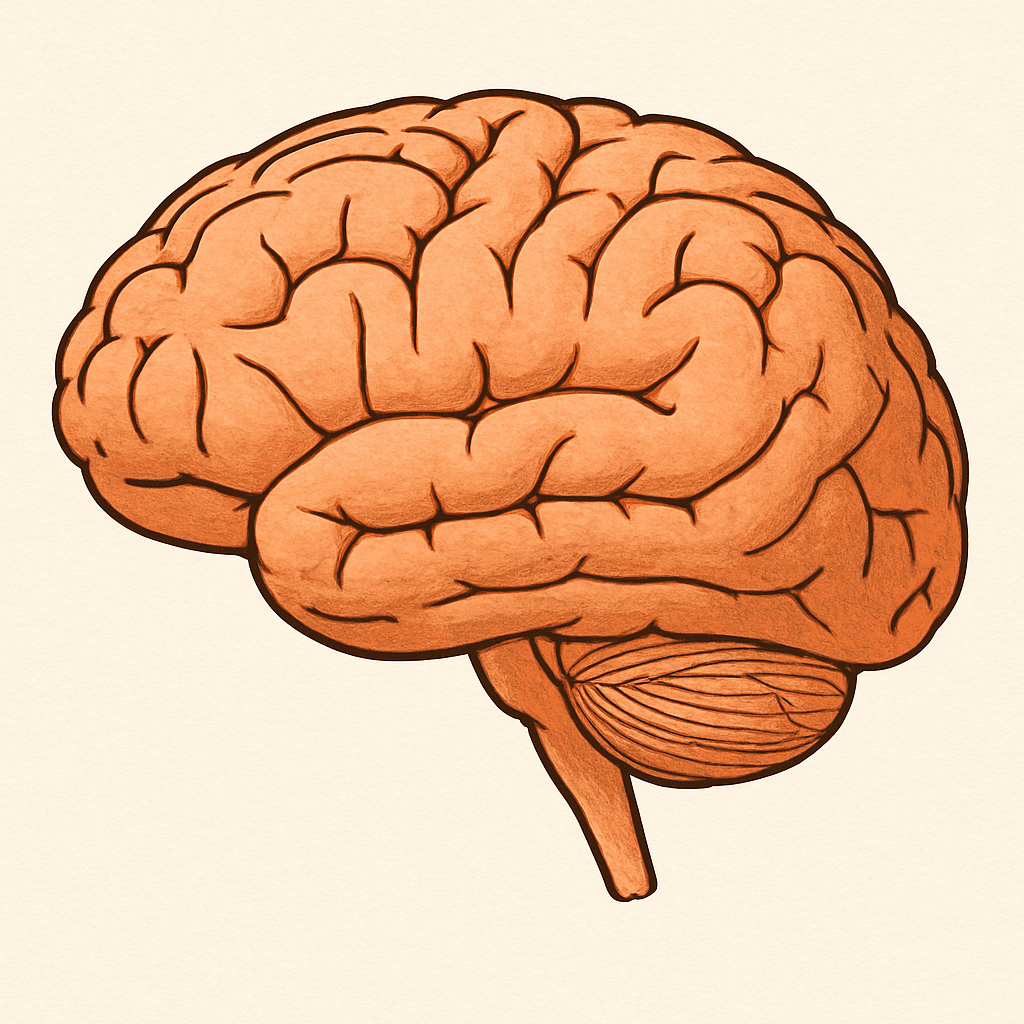
[객원 에디터 3기/ 정연우 기자] On March 9th, South Korea’s new president-elect Yoon Suk-yeol of the conservative People Power Party defeated his main rival Lee Jae-myeung of the liberal Democratic Party by a slim margin of 0.8% (a mere difference of 263,000 votes), marking the closest presidential race ever recorded in South Korea’s history. The election was notable for being marred by unparalleled levels of negative campaigning and polarization. As rising Covid-19 cases continue to batter the country, Yoon will have to face a myriad of social and economic challenges as he transitions into the presidential office.
Arguably the most salient issue throughout the election was the unemployment and housing crisis in South Korea. The ratio of housing debt to disposable income has drastically risen from 138.5% to 200% within the last 12 years, and unemployment has now reached the highest level in the past two decades. As the young generation find itself increasingly unable to secure jobs and houses, many have simply given up on courtship, marriage, and children. This has been attributed to the dropping national fertility rate that threatens the country’s productive capacity with a rapidly aging population. In response, Yoon has targeted young, first-time home buyers in their 20s and 30s by promising the construction of 1.3 million additional homes in Seoul and 1.2 million homes in the surrounding metropolitan areas. He has further vowed to encourage the creation of new jobs by promoting private ventures and subsidizing startups.
In regards to South Korea’s future energy supply, Yoon’s policies stand in stark contrast with the approach undertaken by the current Moon administration. President Moon seeked to reduce the country’s reliance on nuclear power by developing more renewable energy sources. However, the country’s dependence on nuclear power will likely return under Yoon, who plans to reconstruct old nuclear reactors and make South Korea a top nuclear equipment and technology exporter.
Furthermore, in contrast to President Moon’s attempts to engage North Korea through a series of denuclearization talks and easing of sanctions, Yoon is likely to adopt a more antagonistic approach that sets his northern counterpart as the ‘main enemy’ and involves harsher sanctions.
With regards to foreign policy, Yoon appears to favor increased cooperation with his American allies, while drawing a vague line with China that could damage Sino-Korean relations in the long-run. In particular, he proposed to redeploy the Terminal High Altitude Area Defense (THAAD), an American anti-ballistic missile defense system which China regards as a national security threat. If carried out, this plan will likely see Chinese retaliation in the form of trade barriers and boycotting of Korean businesses operating in China, serving yet another severe blow to the Korean economy. Yoon has also pledged to join the Indo-Pacific Economic Framework, which aims to curb Chinese Influence in the Indo-Pacific region. Once again, this may destabilize relations with the country’s largest export market.
Before entering politics, Yoon was known as a steely prosecutor general who spearheaded effective anti-corruption campaigns against top officials. It was this association with justice that enabled him to garner significant support during his campaign. While his domestic and foreign policies stand in stark contrast to those of the current administration, which will be sure to engender some level of confusion and distrust across civil society, we can only hope that his new approaches will be able to solve some of the problems that have remained untackled under the Moon presidency.
Sources: Modern Diplomacy, The Indian Express, The Korea Herald





